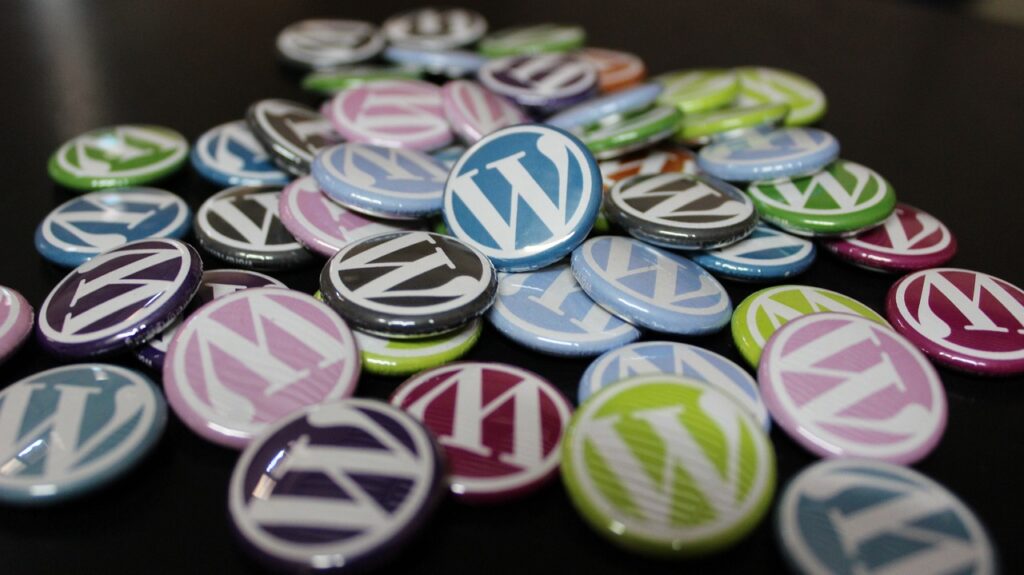
We asked, "Which works better for a business, a content management system or a static website"?
The success of any business in the modern digital era depends on having a strong online presence. Static websites and content management systems (CMS) are only a couple of the alternatives accessible when it comes to creating a website. Both solutions have benefits and drawbacks, and the decision between them depends on several variables, including the needs of the business, the available funds, and the level of technical competence. This article will examine the issue of whether a static website or a content management system is more effective for a business.
Using a software platform known as a content management system (CMS), people may easily produce, edit, and manage digital material without having to have a deep understanding of technology. WordPress, Drupal, and Joomla are a few of the most well-known CMSs. Non-technical people may update and manage their websites more easily because of these systems’ user-friendly interfaces. With the help of a vast selection of pre-made templates, plugins, and extensions provided by CMSs, businesses can quickly design a website that is both useful and aesthetically pleasing.
The flexibility provided by a CMS is one of its primary benefits. Businesses that use a CMS can easily add new pages, update old material, and integrate new features. This adaptability is especially important for organisations that need to update their content often or add new items or services regularly. CMSs also provide built-in SEO tools, making it easier for businesses to boost their website’s exposure in search engine rankings.

Furthermore, CMSs frequently have a large and supportive development community that contributes to the platform. This means that businesses may take advantage of a diverse set of plugins, themes, and support forums to help them customise their website and fix any technical concerns. The availability of these resources can save firms time and effort, especially those with limited technical skills.
Static websites are made up of HTML, CSS, and JavaScript files that are pre-rendered and served to visitors as is. Static websites, unlike CMSs, do not require a back-end server or a database, resulting in faster loading times and lower server resource utilisation. Because static websites are simpler, they are more secure and less vulnerable to hacker attempts. Static websites can also be easily hosted on a variety of platforms, including content delivery networks (CDNs), which provide improved performance and dependability.
For businesses with simple website requirements, such as those that only need a few pages to showcase their products or services, a static website can be an excellent choice. Static websites are often more cost-effective as they require fewer resources and maintenance. They are also highly scalable, as the same files can be served to millions of visitors without any performance degradation. This scalability is particularly advantageous for businesses with a large user base or expecting significant traffic spikes, such as during promotional campaigns or product launches.

Static websites, on the other hand, have some limits. Because they do not have a content management system, updating or changing the website needs technical knowledge and manual editing of the HTML files. This can be a time-consuming procedure, particularly for companies that do not have a specialised web development team. Furthermore, static websites may lack the interaction and dynamic capability of CMSs. User registration, e-commerce features, and personalised content may necessitate additional programming effort on a static website.
Finally, the decision between a content management system (CMS) and a static website is influenced by the specific objectives and goals of a firm. CMSs provide flexibility, ease of use, and a wide range of features, making them ideal for enterprises that require frequent content updates or complicated functionality. Static websites, on the other hand, are less expensive, more scalable, and more secure, making them suitable for businesses with simple website needs and minimal technological skills.
Before selecting a choice, it’s critical for firms to thoroughly consider their needs, spending capacity, and technological know-how. Additionally, speaking with web designers or digital agencies can offer insightful advice on the best course of action. In the end, a website’s performance is mostly determined by the business’s overall digital marketing strategy, as well as the content, design, user experience, and choice of CMS or static website.
Hitem Hard Media, 2023
Social share
